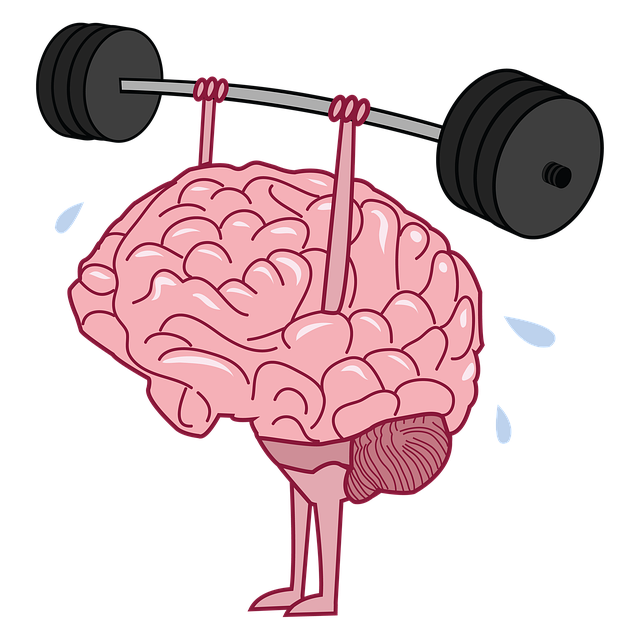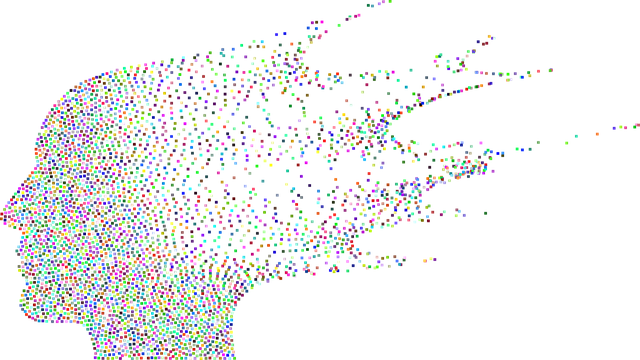Mindfulness meditation, a core component of Englewood Eating Disorders Therapy, empowers individuals in recovery by fostering present-moment awareness and non-judgmental acceptance of thoughts and emotions. It aids in challenging eating disorder behaviors, improving hunger cues, and promoting healthier choices. Regular practice in a dedicated space enhances self-compassion, reduces stigma, and provides therapists with valuable insights for risk assessment. Techniques like mindful observation and breath awareness improve focus and emotional well-being, while tracking progress ensures personalized goals and adaptations for optimal benefits.
“Discover the transformative power of mindfulness meditation for eating disorders recovery with our comprehensive guide. Learn how this ancient practice can nurture a healthier relationship with food and body. From creating a sacred space and cultivating the right mindset to advanced techniques and breath awareness exercises, we’ll navigate you through each step.
Englewood Eating Disorders Therapy offers practical advice on tracking progress and customizing your meditation routine for optimal results. Embrace mindfulness as a tool for self-care and reclaim control over your eating habits.”
- Understanding Mindfulness Meditation for Eating Disorders Recovery
- Preparing Your Space and Mindset for Effective Practice
- Techniques to Enhance Focus during Meditation Sessions
- Incorporating Breath Awareness in Everyday Life
- Tracking Progress and Adjusting Your Meditation Routine
Understanding Mindfulness Meditation for Eating Disorders Recovery

Mindfulness meditation has emerged as a valuable tool in the recovery journey for those struggling with eating disorders. At Englewood Eating Disorders Therapy, we understand that incorporating mindfulness practices can significantly enhance treatment outcomes. This ancient technique encourages individuals to focus on the present moment, cultivating awareness of their thoughts, emotions, and bodily sensations without judgment.
For people recovering from eating disorders, mindfulness meditation provides a way to develop resilience against harmful behaviors and thought patterns. By observing one’s mental state and physical hunger cues, individuals can learn to make healthier choices and challenge distorted perspectives related to food and body image. This practice also contributes to stigma reduction efforts by promoting self-compassion and a non-judgmental attitude towards mental illness. Moreover, it aids in risk assessment for mental health professionals by providing insights into an individual’s emotional regulation and relationship with food.
Preparing Your Space and Mindset for Effective Practice

Creating a dedicated space for your mindfulness practice is key to reaping its benefits. Start by finding a quiet area in your home where you can sit comfortably and undisturbed. This could be a cozy corner of your bedroom, a peaceful balcony, or even a small alcove in your living room. Ensure it’s a place where you feel at ease and can focus on your breath without distractions.
Before beginning your meditation session, take a moment to set your intention. Approach this practice with an open mind and a willingness to be present. Remember, mindfulness is about observing your thoughts and sensations without judgment, fostering self-awareness exercises that promote emotional well-being promotion techniques. With regular engagement in these practices, you can cultivate resilience, especially if you’re navigating challenges like those often associated with Englewood Eating Disorders Therapy or Trauma Support Services.
Techniques to Enhance Focus during Meditation Sessions

Meditation is a powerful tool to enhance focus and mental clarity, but maintaining concentration during sessions can be challenging. Several techniques can help practitioners stay on track, especially when practicing mindfulness meditation. One effective method is to anchor attention on specific objects or sensations, such as breath, bodily feelings, or sounds in the environment. This practice, often referred to as mindful observation, trains the mind to return to the present moment whenever thoughts start to wander.
Englewood Eating Disorders Therapy emphasizes the importance of non-judgmental awareness during meditation. By observing thoughts and sensations without attachment or reaction, individuals can develop a deeper sense of self-awareness. Additionally, incorporating short breaks and gentle reminders to refocus can be beneficial. Mental health professionals should consider integrating risk management planning, including stress management techniques and regular risk assessment, to create a supportive environment for individuals engaging in mindfulness meditation as part of their therapy journey.
Incorporating Breath Awareness in Everyday Life

Incorporating breath awareness into daily routines can significantly enhance mindfulness and overall well-being, especially for those navigating emotional healing processes or crisis intervention guidance, such as individuals seeking Englewood Eating Disorders Therapy. Simple practices like mindful breathing during morning routines or commutes can help ground one in the present moment, fostering a sense of calm and self-awareness. This technique is at the core of compassion cultivation practices, encouraging individuals to cultivate kindness and understanding towards themselves and others.
By focusing on the breath, individuals can develop a deeper connection with their bodies, promoting emotional regulation and stress reduction. This practice is accessible anywhere, anytime, making it an effective tool for managing triggers and cravings associated with eating disorders. Mindful breathing exercises provide a moment of pause, allowing one to respond mindfully rather than reacting impulsively to emotional or environmental cues.
Tracking Progress and Adjusting Your Meditation Routine

Tracking your progress is an essential part of any mindfulness meditation practice. Start by setting realistic goals that resonate with your personal journey. For instance, if you’re aiming to improve focus and concentration, notice when your mind wanders during daily activities and gradually increase the duration of your meditation sessions accordingly. Simple journaling can help; record your thoughts, emotions, and experiences before and after each session. This practice allows you to identify patterns, understand what works best for you, and celebrate small wins along the way.
Englewood Eating Disorders Therapy recommends adjusting your routine based on these observations. If certain types of meditation or specific times of day prove more beneficial, adapt your practice accordingly. Remember that mindfulness is a personal journey; what works for someone else might not be suitable for you. Incorporating Emotional Well-being Promotion Techniques and Mental Health Awareness into your routine can enhance the overall experience, ensuring a healthier and happier mind.
Mindfulness meditation, as guided by professionals at Englewood Eating Disorders Therapy, offers a powerful tool for recovery. By understanding its principles, preparing your space and mindset, mastering focus techniques, incorporating breath awareness, and tracking progress, you can tailor this practice to your unique needs. Regular meditation not only enhances overall well-being but also fosters a deeper connection with your body, helping to overcome eating disorders. Embrace these steps as a journey towards self-love and healing.














